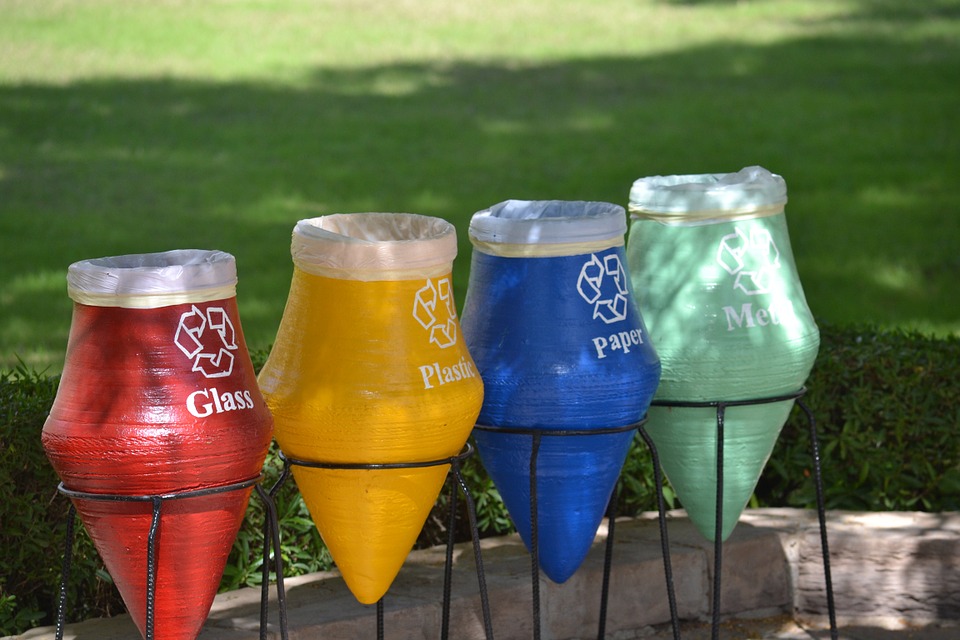Separating Materials that Can be Recycled from Materials that Cannot is Sometimes Tough
 Look through any residential or commercial recycling bin and you are likely to see some items included that are non-recyclable. Differentiating between the materials that can be recycled from the materials that cannot is not always clear. For example, plastic bags, foam meat trays, clothing, and take-out containers are non-recyclable. When these types of items are included in recycling, they do more damage than good with the potential to clog up recycling machines and slow down operations.
Look through any residential or commercial recycling bin and you are likely to see some items included that are non-recyclable. Differentiating between the materials that can be recycled from the materials that cannot is not always clear. For example, plastic bags, foam meat trays, clothing, and take-out containers are non-recyclable. When these types of items are included in recycling, they do more damage than good with the potential to clog up recycling machines and slow down operations.
Limiting contamination is the focus of learning how to separate recyclables and non-recyclables. When contamination occurs, everything in a recycling bin and anything that has come into contact with it is deemed waste. The sad aspect of existing recycling systems is that on the consumer end, there is a lack of education as to what is recyclable and what is not. In addition, on the recycling operations end, unrecyclable material still makes its way into recycling processes which turns what would otherwise be recycled paper, plastic, and glass to waste. Plastic bags in particular are a huge hassle to handle as they are known to jam up valuable recycling equipment.
There are numerous materials that can present challenges to ongoing recyclable operations. For example, paper products are recyclable however when shredded, they should be discarded as waste. Plastic pill bottles and plastic bottle caps belong in the garbage. Bottles can be recycled however broken bottles cannot. Plastic bags can be recycled however it requires specialized equipment to do so and unless it is noted, plastic bags should not be included in any consumer or commercial recycling bins. There are some estimates that as much as 20 percent of what consumers put into their recycling bins in Canada is in fact waste product. As evidenced, when this happens, it contaminates the bin and thereby, creates a situation where the bin likely faces rejection.
When setting up waste management and recycling operations for a commercial business, it’s important to have recyclable materials clearly defined as to limit contamination. By contaminating recyclables with waste, it could result in higher costs in the long-run. As more municipalities and countries engage in policies to improve recycling and reduce waste usage, the future of recycling is going to be very exciting. Today, when a recycling load is rejected due to contamination, it costs the waste management company or municipal waste collection money. Instead of making money off of materials to be recycled, that income is lost when contamination comes into play. For commercial waste management processes, it’s a necessity that recycling standards and materials are clearly outlined.
If you are in need of mini bin rentals, recycling, waste collection, or waste removal and disposal in Toronto and the GTA, Core Mini Bins would be more than happy to speak with you. We uphold the highest standards of recycling and waste management, ensuring products are disposed of using the most environmentally friendly methods. If there are concerns related to recycling or contamination, we would be happy to connect you with a representative to answer all of your questions. We are no strangers to jobs where specific recycling materials need to be handled so be sure to advise us on the types of materials you wish to dispose of. Core Mini Bins will happily recommend appropriate options for optimal waste management and recycling practices.


